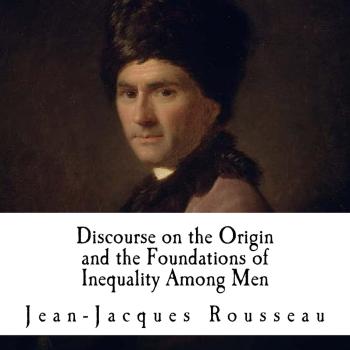After missing last year, I’m looking forward to attending this year’s annual meetings for ETS (Evangelical Theological Society) and SBL (Society of Biblical Literature). If you plan to come, I’d love to connect.
 I’ll be giving talks at both conferences. Below are the presentation titles and other relevant information.
I’ll be giving talks at both conferences. Below are the presentation titles and other relevant information.
Reading Scripture with “Eastern” Eyes:
How Honor and Shame Make Us More Asian and Biblical
Here is an introduction to my ETS presentation.
Anyone can read the Bible with “Eastern” eyes. A person does not have an “Eastern” perspective simply because of their nationality or ethnic background. This paper demonstrates why anyone can read the Bible with Eastern eyes. Two thorny questions naturally arise. First, what is an “Eastern” perspective? Second, do categories like “Eastern” and “Western” merely play on worn stereotypes?
After answering these concerns, I will even suggest we should more frequently use an Eastern lens to interpret the Bible. By understanding honor and shame within Eastern cultures, we can better approximate the perspective of biblical writers. In short, reading Bible with Eastern eyes is not only possible but profitable.
If you are coming to ETS, here is the information you’ll need.
Where? Omni Hotel (Washington Room)
When? Thursday, Nov 16 @ 11–11:40am
Have Theologians No Sense of Shame?
How the Bible Reconciles Objective and Subjective Shame
Here is a preview of my SBL talk:
How might honor and shame shape one’s practical theology? Many theologians regard shame and honor merely as topics of psychology or anthropology. They have the impression that shame and honor are “subjective” concepts, varying with individual and culture. Theologians traditionally emphasize law and guilt, which are seen to concern “objective” ideas.
Consequently, scholars do not give sufficient attention to how these themes shape theology. This common way of framing the relationship between shame and theology is precisely the problem to overcome if we are to develop a practical theology of honor and shame.
My presentation seeks to correct a misunderstanding about the nature of shame and honor. First, I’ll argue that shame has both a subjective and an objective dimension. From this perspective, we’ll then see how the Bible uses shame and honor language to describe both the world’s most serious problems and its solution. In the process, my talk will demonstrate an interdisciplinary approach to theology that has practical implications.
Sound interesting? Here’s the info you’ll need to join the conversation.
Where? Republic B (Second Level) – Sheraton Boston Hotel
When? Monday, Nov 20th, 1:30–1:55 (adjusted from original post)
(For some my previous ETS or SBL presentations, click here, here, and here)
Other Interesting talks
At ETS
“Righteous in God’s Sight: How Penal Substitution Addresses our Shame”
by David Rennalls, Nov 15th, 10:40–11:20AM (Convention Center 556B)
“Towards an Asian American Evangelical Hermeneutic”
by Milton Eng, Nov 16th, 10:10–10:50AM (Omni Hotel –– Washington Room)
“Learning from Anselm to Preach the Atonement in a Culture that Practices Honor Killings”
by Alex Weidmann, Nov 17th, 1:50–2:30PM (Omni- Providence IV)
“Reversal or Redefinition? Jesus’ Teaching on Honor and Status in Luke”
by A. Sue Russell, Nov 17th, 1:00–1:40PM (Convention Center 553B)
At SBL
“Shame and Recognition in the Middle Ages”
by Ritva Palmen, Nov 18th, approx. 4:30 PM (HCC-203)
“Affect Theory, Shame, and Christian Formation”
by Stephanie N. Arel, Nov 18th, 4:00 PM (HCC-305)
“Cognitive Linguistics and H’s Pedagogy of Shame”
by Charles Huff, Nov 19th, 1:50–2:15PM (HCC-209)
“Subverting Glory: John’s Use of Doxa as Antilanguage”
by C. M. Blumhofer, Nov 19th, 5:30–5:55PM (SB-Back Bay A)
“Discipling as a Model of Teaching in the Chinese Church”
by Esther Chen, Nov 19th, 4:00-4:25 PM (HBB-Belvidere A)
“Reforming the Glory of God: Solus Christus and the Necessity of the Cross”
by Timothy Baylor, Nov 20th, approx. 9:35 AM (SB-The Fens)

















